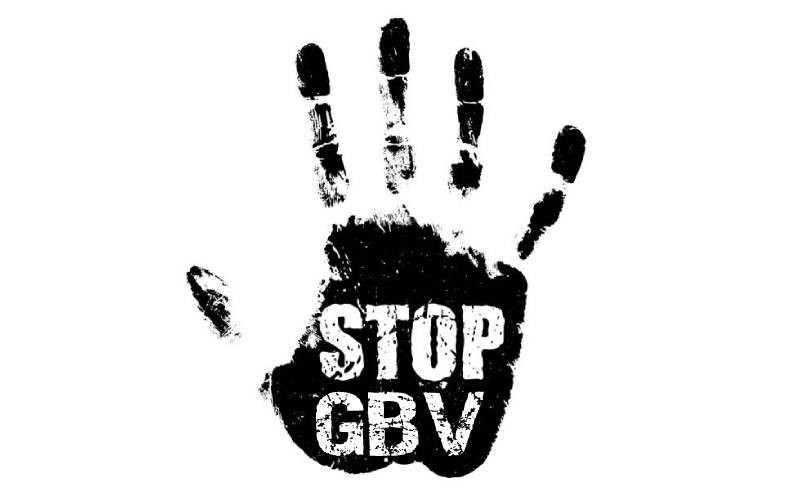
It is 31 years since the first Women's Global Leadership Institute in 1991 when the international campaign, 16 Days of Activism Against Gender-Based Violence against women, was launched.
Every year since then, more than 6,000 organisations from approximately 187 countries have participated in the campaign.
More and more individuals have joined the cause, taking personal initiative to speak out against gender-based violence (GBV) and educate their peers about what it is and why it should not happen.
Among these are the courageous survivors of sexual violence who have come out to tell their stories by reliving their horrific ordeals, sometimes before live audiences. Researchers reveal their findings and activists call for action. It is all part of a cycle - and not necessarily a bad one - that is repeated every year.
But in the midst of all these is the survivor's voice. "I survived this but how and when will I get justice? Why did this happen to me? What is being done so that it doesn't happen again - to me or to someone I love?"
The truth is, there is a lot being done to help survivors of gender-based violence. How much is being done to prevent it? What can be done to prevent it?
For members of our society who suffer multiple vulnerabilities, the effects of GBV are severe; those living in poverty or from minority or marginalised groups, those living with disabilities, those from communities that have suffered historical injustices. What makes them most vulnerable? The way things are, the way things are done and the way people think.
- Purple resistance: The digital uprising uniting women
- Is there a way to spot predators so we can avoid them?
- Canvas of Change: Fighting gender-based violence through art
- Why trauma bonding keeps victims tied to abusive partners
Keep Reading
Let's face it, some of our customs condone gender-based violence. Some of our institutions even reinforce them. Resources have been pledged and goals have been set to fight this monster.
However, as a society, the task ahead of us should be to look in the mirror and find out which of these customs and procedures need to change. We must keep on fighting until the day no woman, in any corner of the world, suffers from GBV.
 The Standard Group Plc is a multi-media organization with investments in media
platforms spanning newspaper print
operations, television, radio broadcasting, digital and online services. The
Standard Group is recognized as a
leading multi-media house in Kenya with a key influence in matters of national
and international interest.
The Standard Group Plc is a multi-media organization with investments in media
platforms spanning newspaper print
operations, television, radio broadcasting, digital and online services. The
Standard Group is recognized as a
leading multi-media house in Kenya with a key influence in matters of national
and international interest.


